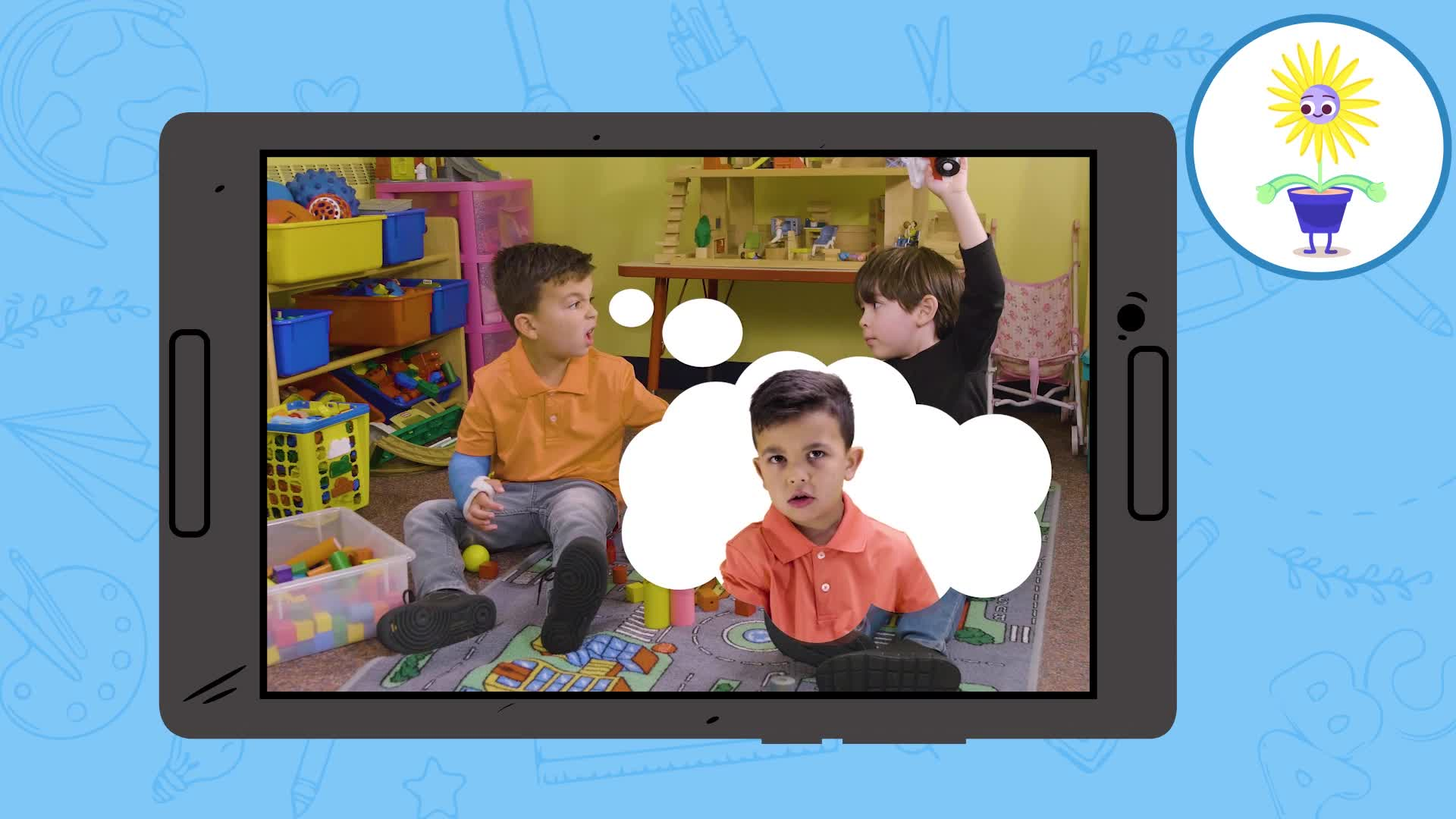Introducing young children to the concept of understanding and considering others’ feelings is an essential aspect of their social and emotional development. In this blog post, we will discuss a no-prep activity to help kindergarten students think about others’ feelings and incorporate principles of Social-Emotional Learning. We will also provide discussion questions, mention related skills, and encourage you to explore more resources and materials.
Introduction
Teaching kindergarteners to think about others’ feelings is an important skill that helps them build empathy and strong relationships. By understanding the emotions of their peers, children can learn to adjust their behavior and respond appropriately in various social situations. This can lead to a more positive and inclusive environment, promoting cooperation, communication, and a sense of belonging.
No-Prep Activity: Feelings Charades
This activity requires no preparation or materials from the educator, making it an easy and engaging way to introduce the concept of understanding others’ feelings.
- Ask the students to sit in a circle.
- Explain that they will be playing a game called Feelings Charades, where they will take turns acting out different emotions without using words.
- Choose a student to start. Whisper an emotion in their ear, such as happy, sad, angry, or scared.
- The chosen student will then act out the emotion in the center of the circle.
- Other students will try to guess the emotion being portrayed.
- Once the correct emotion is guessed, the student who guessed correctly will take their turn acting out an emotion.
- Continue playing until all students have had a chance to participate.
This activity encourages students to observe and interpret their peers’ body language and facial expressions, helping them develop empathy and the ability to think about others’ feelings.
Discussion Questions
After completing the Feelings Charades activity, engage the students in a conversation about the experience using the following questions:
- How did it feel to act out different emotions? Was it challenging or fun?
- What clues did you look for when trying to guess the emotions being acted out by your peers?
- Can you think of a time when you noticed someone else feeling a certain way? How did you respond?
- Why is it important to think about others’ feelings in our daily interactions?
Related Skills
In addition to thinking about others’ feelings, there are other valuable skills that contribute to a child’s social and emotional development. These include:
- Active listening: Paying attention to what others are saying and responding thoughtfully.
- Sharing and taking turns: Learning to cooperate and interact positively with peers.
- Managing emotions: Recognizing and regulating one’s own feelings in a healthy and appropriate manner.
- Problem-solving: Working through conflicts and finding solutions that benefit all parties involved.
Next Steps
If you found this activity and discussion helpful, we encourage you to explore more resources and materials to support your kindergarten students’ social and emotional growth. Sign up for free samples of various Social-Emotional Learning materials and discover other engaging activities to help your students develop essential life skills.






